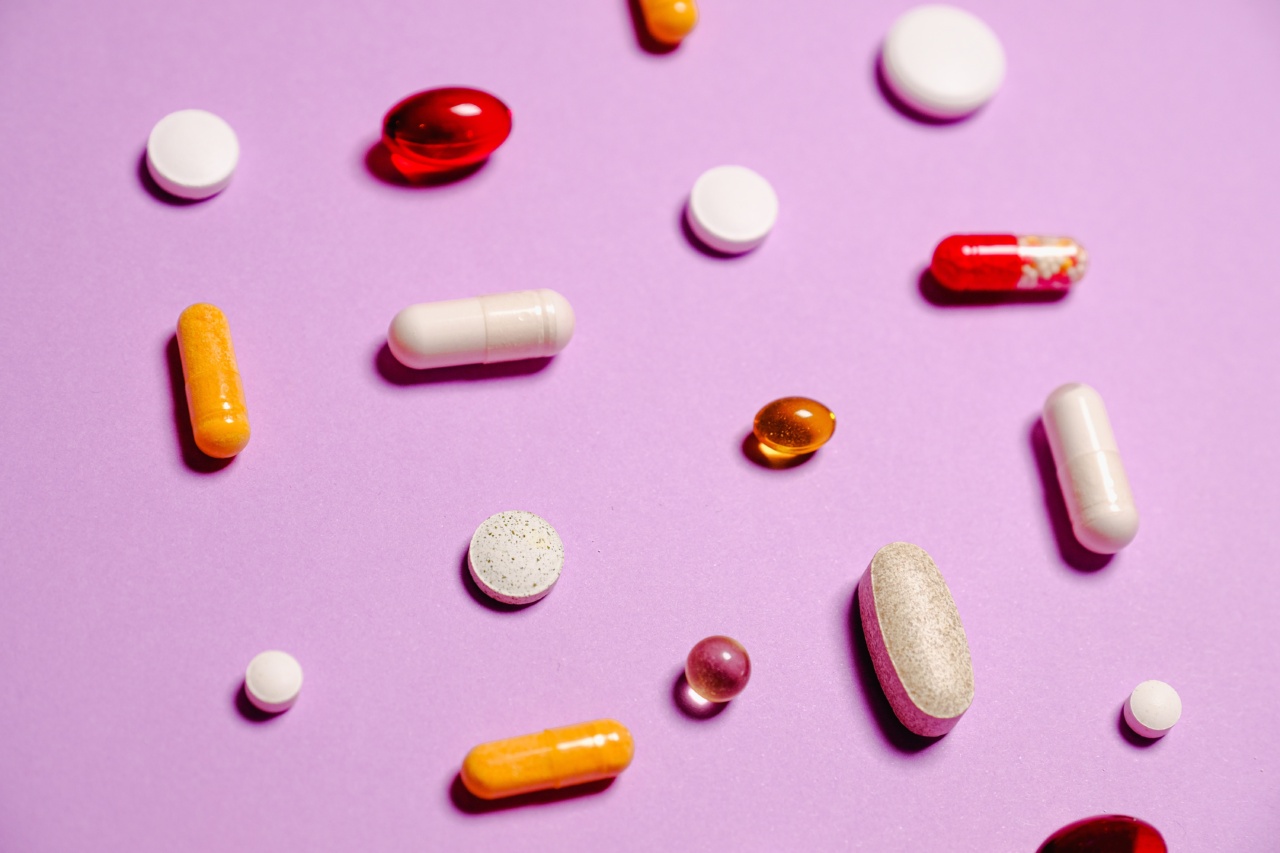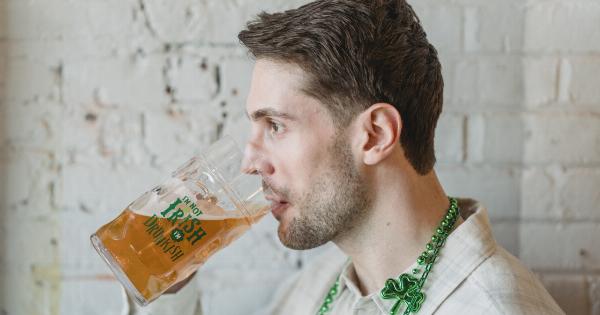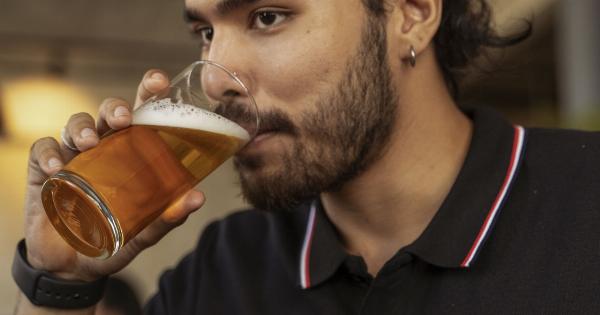Alcohol addiction, also known as alcoholism, is a chronic disease that affects millions of people worldwide.
It is characterized by an uncontrollable urge to consume alcohol, despite the negative consequences it may have on an individual’s physical, mental, and social health. While there are several treatment options available for alcohol addiction, pharmaceutical interventions have been found to be effective in managing the symptoms of withdrawal and reducing the risk of relapse.
This article will explore some of the commonly used medications in the pharmaceutical treatment of alcohol addiction.
1. Disulfiram
Disulfiram was the first medication approved by the FDA for the treatment of alcoholism. It works by blocking the metabolic breakdown of alcohol in the body, leading to an accumulation of acetaldehyde, a toxic substance.
This buildup of acetaldehyde causes unpleasant symptoms such as nausea, vomiting, flushing, and rapid heart rate if the individual drinks alcohol while taking the drug. This aversive conditioning creates a negative association with alcohol and helps to reduce the desire to drink.
2. Acamprosate
Acamprosate is a drug that helps to reduce cravings for alcohol by restoring the balance of chemicals in the brain that are disrupted by chronic alcohol abuse.
It works by modulating the activity of the neurotransmitter glutamate, which is involved in the reward pathway in the brain. Acamprosate may also help to alleviate symptoms of withdrawal such as anxiety, insomnia, and restlessness.
3. Naltrexone
Naltrexone is an opioid antagonist that blocks the effects of endorphins, which are naturally occurring chemicals in the body that produce feelings of pleasure and reward.
By blocking the effects of these endorphins, naltrexone reduces the reinforcing properties of alcohol and decreases the likelihood of relapse. It is available in both oral and injectable forms.
4. Baclofen
Baclofen is a muscle relaxant that has been found to be effective in reducing alcohol cravings and promoting abstinence. It works by stimulating the activity of the GABA-B receptor, which is involved in the regulation of dopamine release in the brain.
Baclofen has also been found to improve mood, reduce anxiety, and promote sleep in individuals with alcohol addiction.
5. Topiramate
Topiramate is an anticonvulsant drug that has been found to be effective in reducing alcohol cravings and promoting abstinence in individuals with alcohol addiction.
It works by modulating the activity of several neurotransmitters in the brain, including GABA, glutamate, and dopamine. Topiramate has also been found to improve mood, reduce anxiety, and promote weight loss in individuals with alcohol addiction.
6. Gabapentin
Gabapentin is an anticonvulsant drug that has been found to be effective in reducing alcohol cravings and promoting abstinence.
It works by modulating the activity of the neurotransmitter GABA, which is involved in the regulation of dopamine release in the brain. Gabapentin has also been found to improve sleep quality and reduce anxiety in individuals with alcohol addiction.
7. Benzodiazepines
Benzodiazepines are a class of drugs that are commonly used to treat anxiety, insomnia, and seizure disorders.
They are sometimes used in the treatment of alcohol withdrawal syndromes due to their ability to reduce the severity of symptoms such as tremors, seizures, and hallucinations. However, benzodiazepines are highly addictive and can lead to dependence if used inappropriately, so they should only be used under close medical supervision.
8. Antipsychotics
Antipsychotics are a class of drugs that are primarily used to treat psychotic disorders such as schizophrenia and bipolar disorder.
However, they have also been found to be effective in treating symptoms of alcohol withdrawal, such as agitation, hallucinations, and delirium. Antipsychotics work by blocking the activity of dopamine, a neurotransmitter that is involved in the reward pathway in the brain.
9. Clonidine
Clonidine is a medication that is primarily used to treat high blood pressure. However, it has also been found to be effective in reducing symptoms of alcohol withdrawal, such as agitation, tremors, and sweating.
Clonidine works by decreasing the activity of the sympathetic nervous system, which is responsible for the physiological response to stress and anxiety.
10. Serotonin-Norepinephrine Reuptake Inhibitors (SNRIs)
SNRIs are a class of antidepressant drugs that have been found to be effective in treating depression and anxiety in individuals with alcohol addiction.
They work by modulating the activity of the neurotransmitters serotonin and norepinephrine, which are involved in the regulation of mood, appetite, and sleep. SNRIs may also help to reduce cravings for alcohol and improve the overall quality of life for individuals with alcohol addiction.
Conclusion
Pharmaceutical interventions can be an effective tool in the treatment of alcohol addiction.
However, medication should always be used in conjunction with behavioral therapies such as counseling and support groups to address the underlying causes of addiction. Additionally, medication should only be used under close medical supervision to ensure safety and efficacy.



























